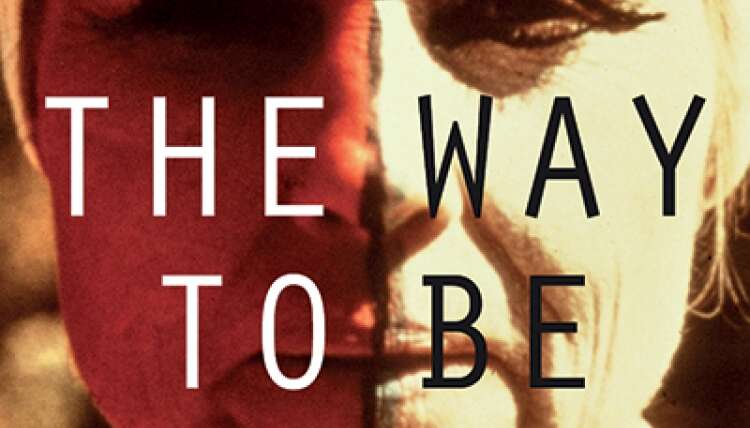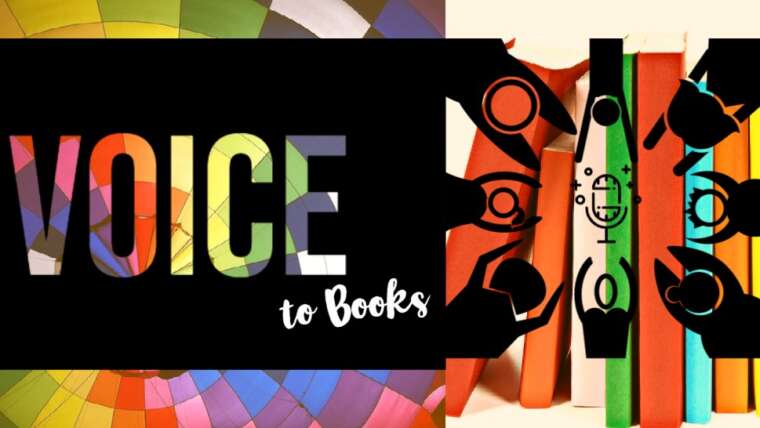Reviewed by Francesca Jimenez In Yellowface, R.F. Kuang delivers a bingeable, page-turner about cultural appropriation and racial identity. The novel also explores self-victimizing, delusional, and conspiratorial effects of social media, fueled by exploitative, capitalistic values that permeate publishing and are embedded in every crevice of society. Athena Liu and June Hayward followed identical writing paths throughout college, meeting at Yale and taking the same classes. But their career similarities end there. The novel begins at the height of Athena’s career, having achieved the dream: three best-selling books from a major publisher, stellar reviews, multiple awards, and praise across all media…










